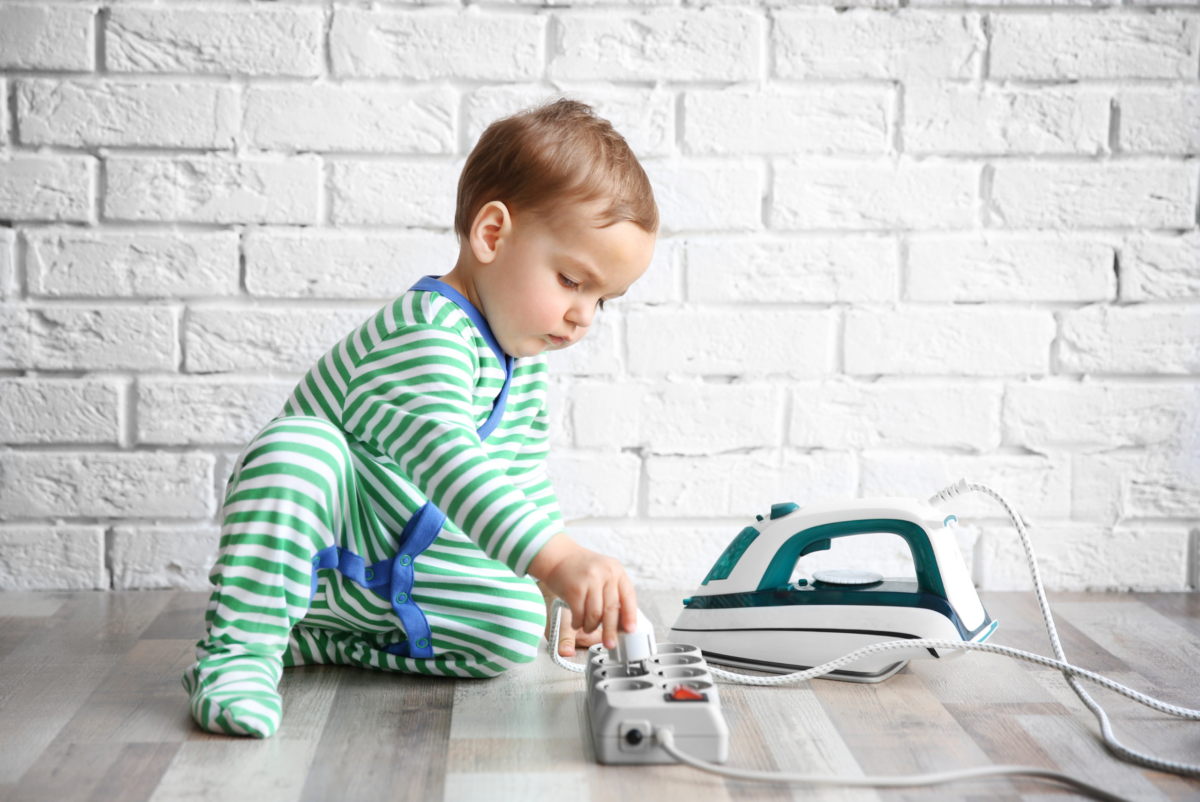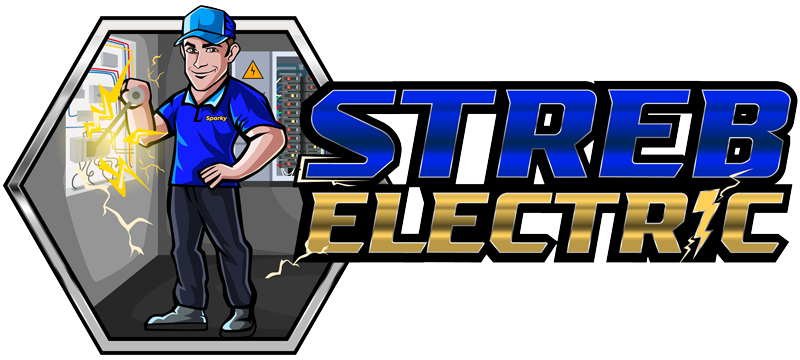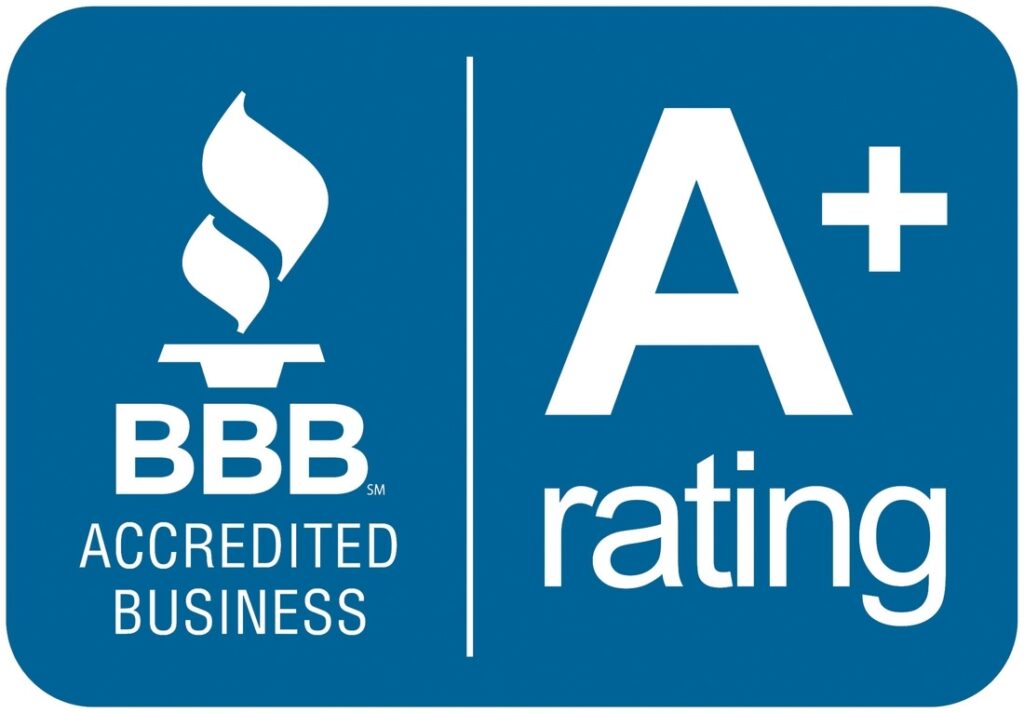How to Protect Your Children from Home Electrical Hazards: Essential Tips For Prevention!

Electrical safety is a critical concern for any household, but it becomes especially important when small children are involved. According to the Electrical Safety Foundation International (ESFI), electrical accidents result in over 500 deaths and more than 4,000 injuries annually in the United States. Children under the age of 15 are particularly vulnerable, as they are more likely to suffer electrical shocks and burns than adults.
In fact, in 2018, children under 15 accounted for 16% of electrical injury deaths and 12% of electrical injury hospitalizations in the U.S. The majority of these injuries occurred in the home, often due to contact with electrical outlets, cords, and appliances. As a parent or caregiver, it’s essential to take proactive steps to protect your little ones from these common home electrical hazards.
Common Home Electrical Hazards and Prevention Tips
While it’s important to educate your children about the dangers of electricity, the first step in protecting them is to recognize and address the hazards within your home. Here are the most common electrical risks in households with young children and the steps you can take to prevent accidents:
1. Electrical Outlets
Hazard:
Young children are naturally curious, and electrical outlets are always within easy reach. They may attempt to insert fingers, keys, toys, or other objects into outlets, which can result in an electrical shock.
Prevention:
While outlet covers are commonly used, they can be easily removed by a determined toddler. Instead, consider installing spring-loaded outlet covers that automatically close the openings when not in use, reducing the risk of accidental contact. Alternatively, you can also use tamper-resistant outlets (TRRs), which are designed to block foreign objects from entering the outlets.
2. Electrical Cords
Hazard:
Electrical cords, especially those on appliances and devices like hairdryers, are often chewable and attractive to young children (and even pets). If chewed, these cords can expose live wires, leading to electrical shock or even fires.
Prevention:
Keep all electrical cords out of reach of children. Make it a habit to check for any frayed or damaged cords and replace them immediately. Extension cords should only be used temporarily and never as a permanent solution. Ensure that cords are properly organized and hidden where children cannot access them.
3. Lamps and Appliances
Hazard:
Lamps and other electrical appliances can pose burn risks or cause injuries if children pull on their cords. A lamp or small appliance can easily topple, especially if the cord is yanked or the item is placed on a table or counter.
Prevention:
When not in use, always unplug lamps and other appliances. Keep them out of children’s reach and teach them to avoid touching electrical appliances. Additionally, use cord shorteners or cord covers to keep cords neat and inaccessible to children.
4. Water and Electricity
Hazard:
Water and electricity do not mix, and most children enjoy spending time around water, whether in the bathtub, pool, or hot tub. Electrical appliances like hairdryers are particularly dangerous if they come into contact with water, leading to the risk of electrocution.
Prevention:
Always supervise young children around water and never leave them unattended in the bathroom or pool area. Install GFCI (Ground Fault Circuit Interrupter) outlets in wet areas like bathrooms, kitchens, and laundry rooms. These outlets can detect when an appliance comes into contact with water and will immediately cut off the power to prevent electrical shock. Regularly test your GFCI outlets to ensure they are functioning properly.
5. Outside the Home
Hazard:
Electrical hazards are not limited to the inside of the house. Outside, overhead power lines, buried electrical cables, and power tools all present serious risks of electrocution.
Prevention:
Teach children to stay away from power lines, utility poles, and any underground electrical equipment. Ensure they understand the dangers of playing with electrical equipment such as generators, pool equipment, extension cords, and portable power tools. Additionally, always inspect outdoor electrical outlets and keep them dry to avoid any risk of shock.
6. Electrical Safety in the Kitchen and Laundry Room
Hazard:
Kitchens and laundry rooms are packed with electrical hazards due to appliances like toasters, microwaves, refrigerators, and dryers. These areas are particularly risky because of the combination of electricity and water.
Prevention:
Keep all electrical appliances and cords out of reach in these rooms. Install GFCI outlets in the kitchen and laundry room to reduce the risk of electrocution. Be sure to educate your children about staying away from appliances when they are wet or unplugging devices when not in use.
7. Use of Safe Extension Cords
Hazard:
While extension cords are a temporary solution, they can be dangerous if misused. Plugging too many devices into a single extension cord or running cords under rugs or across walkways can cause overheating or result in a tripping hazard.
Prevention:
If you need to use an extension cord, ensure it is in good condition, rated for the devices you intend to plug in, and never daisy-chain cords together. Extension cords should not be used as a permanent solution. If you find yourself needing multiple cords, consider hiring an electrician to install more outlets or upgrade your electrical capacity.
Additional Electrical Safety Resources
If you are concerned about electrical hazards around your home or need professional assistance, Streb Electric is here to help. Our licensed electricians can perform safety inspections, address potential risks, and provide solutions to protect your family.
For further reading and resources on electrical safety, you can visit the following organizations:
- Electrical Safety Foundation International (ESFI): Offers safety tips for families and educators.
- National Fire Protection Association (NFPA): Provides safety standards and tips on fire and electrical prevention.
- Consumer Product Safety Commission (CPSC): Government agency providing safety information on electrical products.
- U.S. Department of Energy (DOE): Offers guidelines on electrical safety and energy efficiency.
- Local Utility Companies: Many utilities provide educational resources on electrical safety.
Why Choose Streb Electric?
With over 40 years of experience in the industry, Streb Electric is the trusted choice for electrical safety and services in Lake County, Geauga County, and the surrounding areas. We specialize in home electrical safety inspections, outlet installations, GFCI replacements, and much more. Our experienced team is committed to ensuring your home is safe and energy-efficient.
Contact Streb Electric today to schedule your electrical safety inspection or consultation and ensure your home is safe for your little ones!







